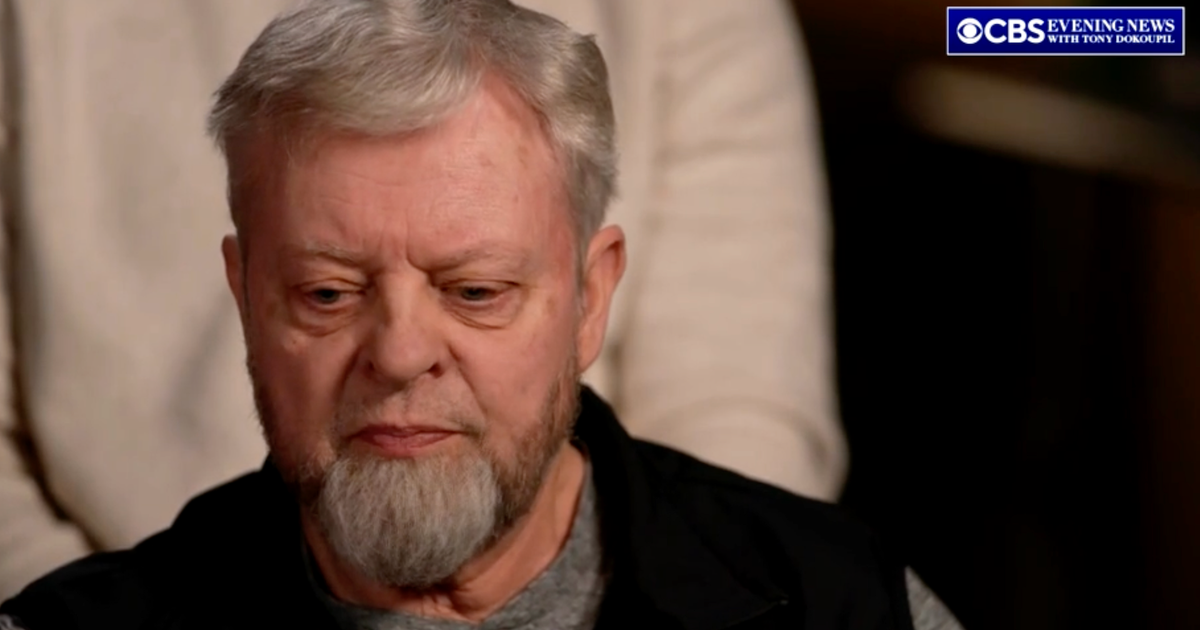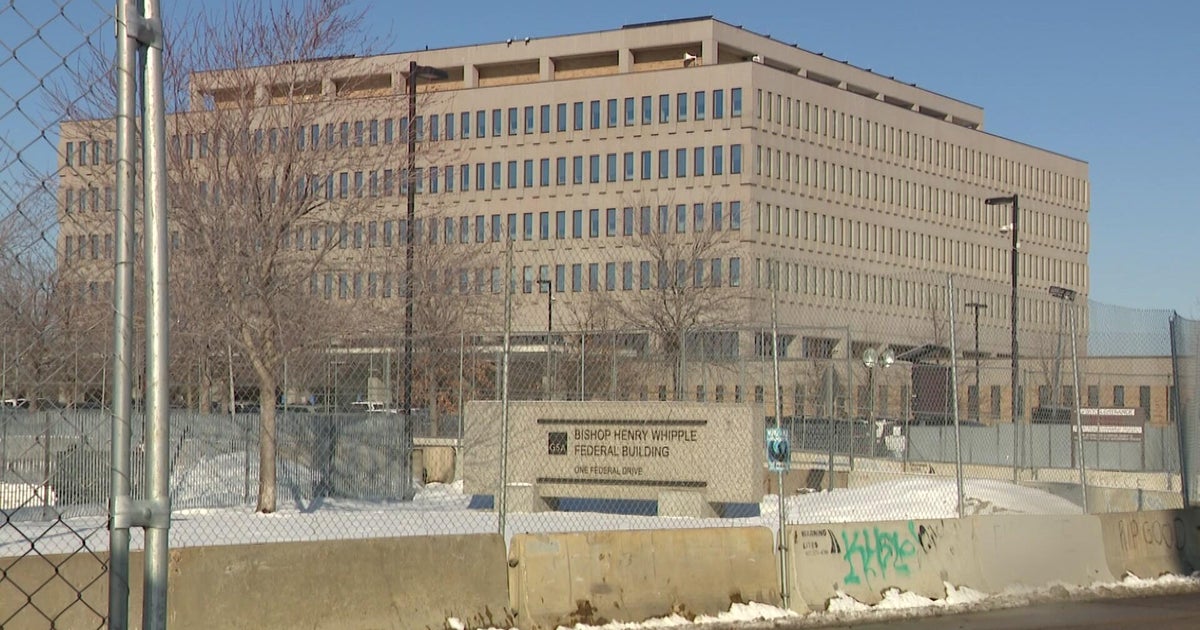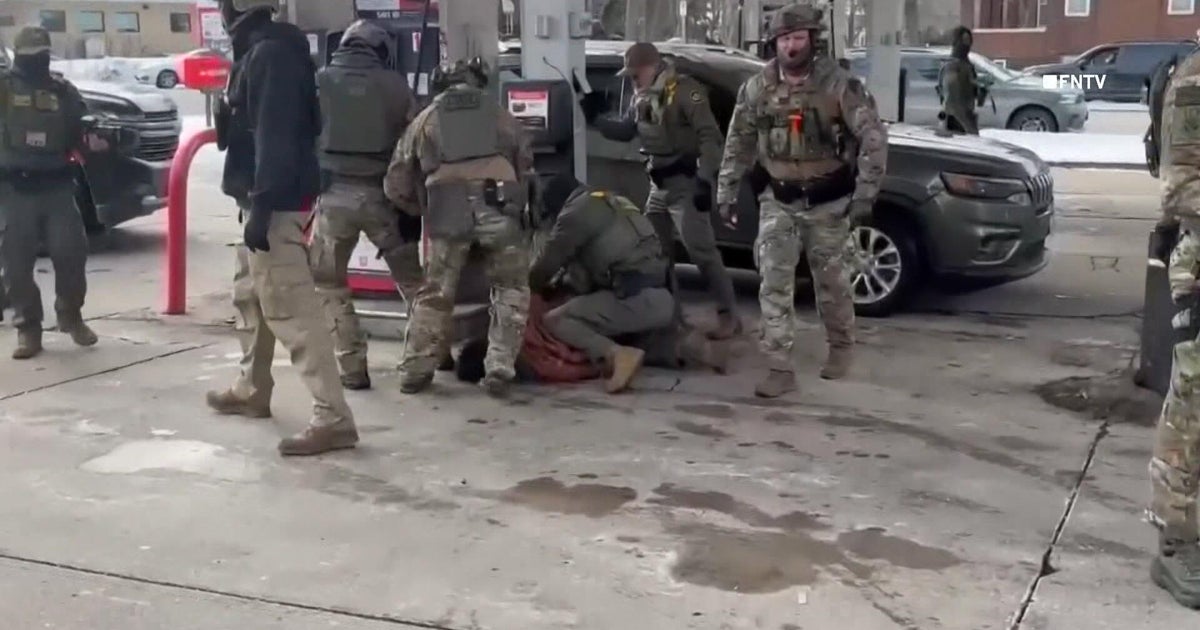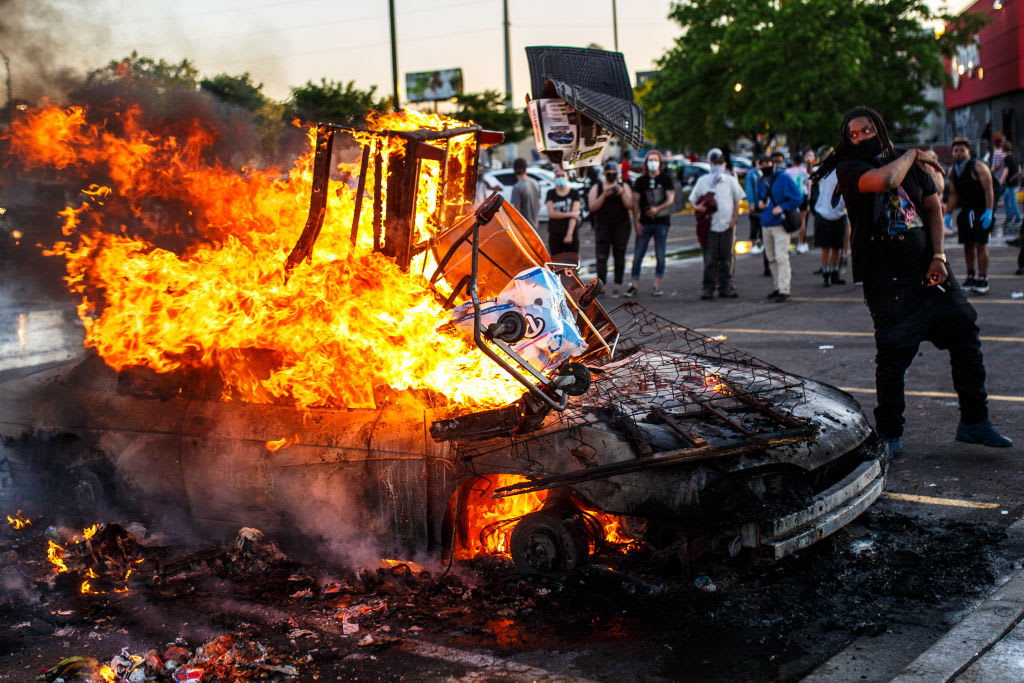Minnesota launches civil rights probe into Minneapolis Police Department
Minnesota Governor Tim Walz announced Tuesday that the state's department of human rights is launching an investigation into the Minneapolis Police Department. The investigation will not only look into the death of George Floyd but will the review department's practices over the past 10 years.
"This isn't about a broken system, this is a system functioning absolutely as it was designed. Unfortunately, that's meant to exclude some from it," Walz said.
According to Walz, the state will review the department's policies, procedures and practices over the last 10 years "to determine if the department has utilized systemic discriminatory practices towards people of color."
The investigation marks the first time Minnesota has launched a civil rights investigation into the systemic discriminatory practices of the largest police department in the state, according to the governor. "It is also the only investigation surrounding the killing of George Floyd focusing on the policies and practices implemented by the Minneapolis Police Department," he said.
The state's department of human rights will seek an agreement with the police department to "implement interim measures immediately in advance of long term measures to address systemic discriminatory practices," according to the governor.
"We're not going to restore peace on our streets by having a bigger group of National Guard show up. We're not going to establish peace on our streets by keeping a curfew in place all the time," Walz said. "We're going to establish peace on our streets when we address the systemic issues that caused it in the first place."
"If this is not an inflection point... this will come back again."
The governor said that "structural change" needs to happen across the country to address what led to George Floyd's death, but added that "it needs to start somewhere."
"Today that starts with Minneapolis police officers," he said.
Walz noted that the unrest in Minneapolis, and nationwide, is in part because people "expected nothing to happen" in response to Floyd's death.
"We know that deeply seeded issues exist, and the reason I know it is because we saw the casual nature of the erasing of George Floyd's life and humanity," Walz said. "We also know by the reaction of the community — they expected nothing to happen. And the reason is because nothing did happen for so many times."
He said people should not "get any credit for listening" to the anger of protesters if no change comes from it.



